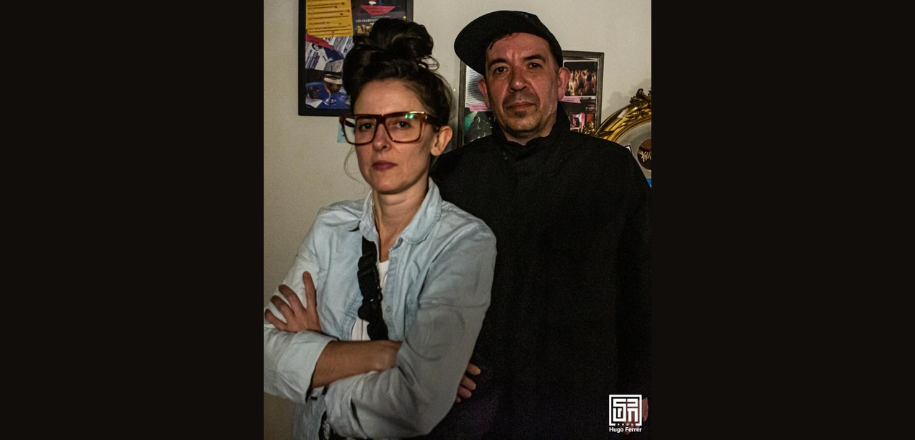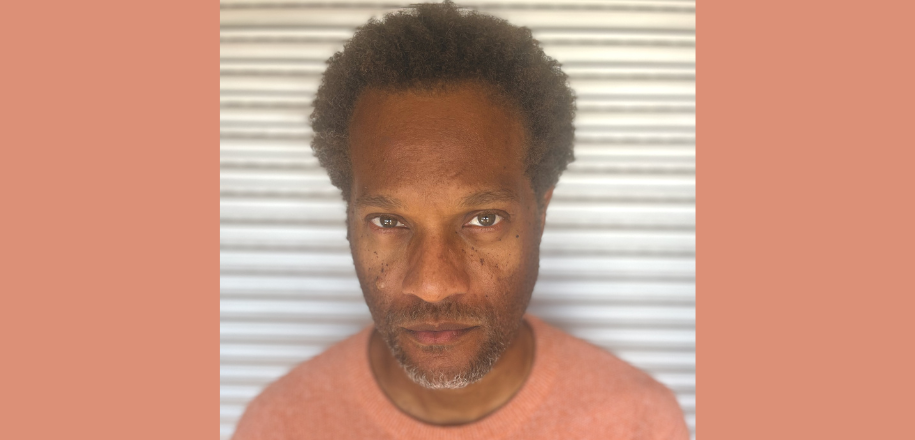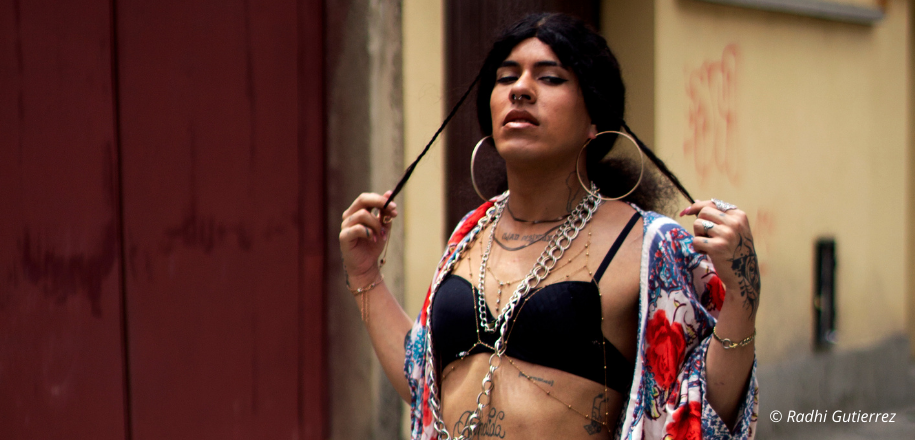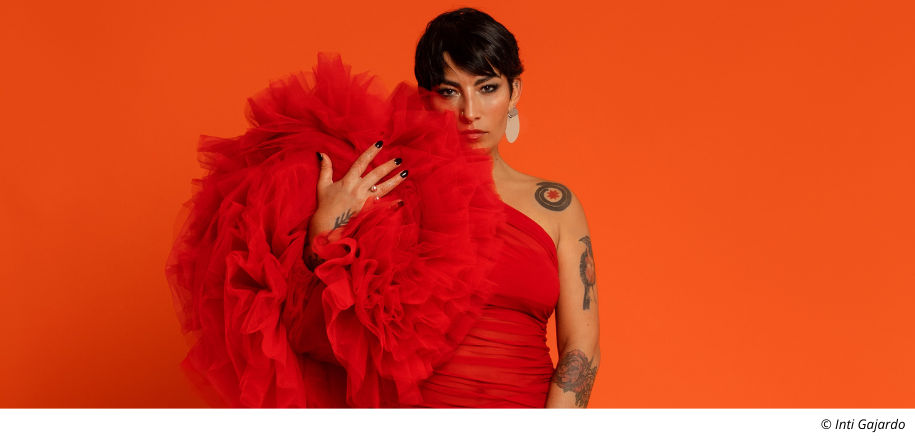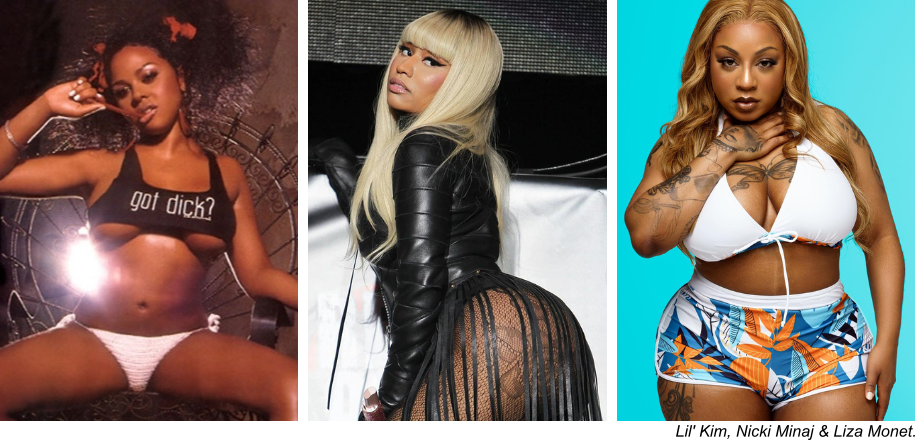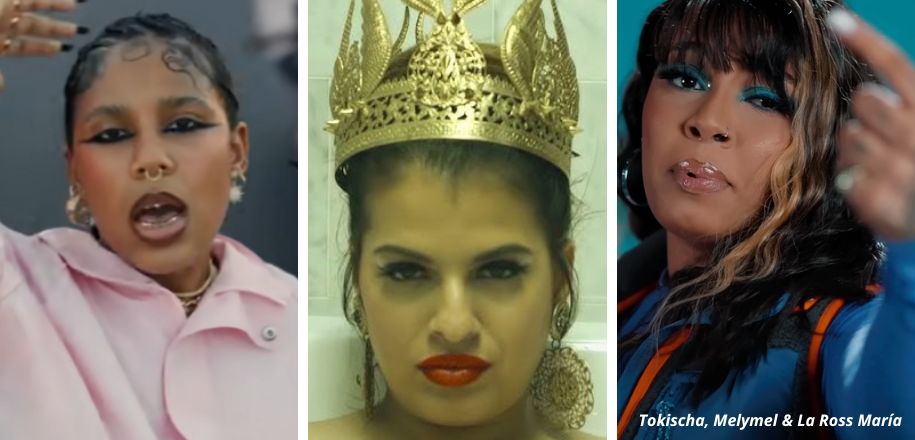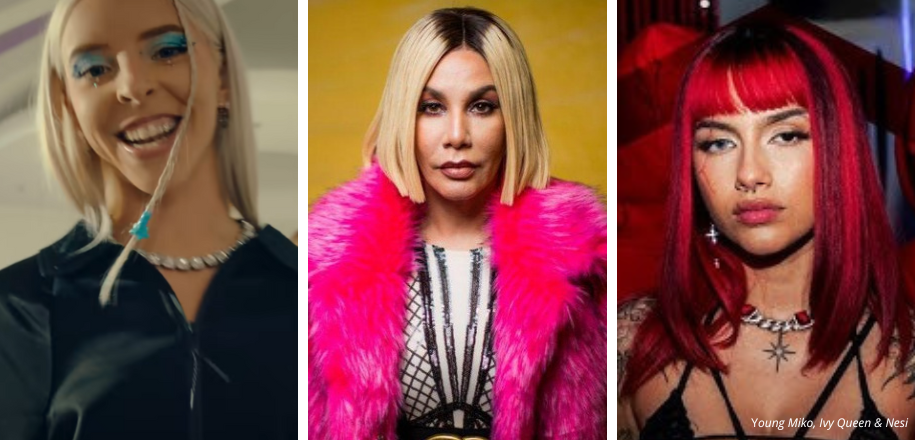Born in San Francisco, passing through Milan and now based in Berlin, rap duo Drowning Dog and Malatesta (DDM) have been active since 2005. Californian rapper Drowning Dog and Glasgow-born DJ and producer Malatesta are pioneers of the international radical rap scene, using their music and anarchist struggle to tell the stories of the silenced ones. They told us about their latest album Gen Pop and their experience as independent and militant artists.
Do you remember when and how you were introduced to hip hop culture for the first time?
Drowning Dog: No, I don’t remember. It was always there, soundtrack for life. But I could probably say the same for country, blues, jazz etc. In my family, it was always around, always there.
Malatesta: I used to breakdance in school back in the day in Glasgow, but got into it more when I moved to San Francisco. The hoods where alive with the sound of gangsta rap and live hip hop at the time.
I quickly became addicted to digging at all those cool record stores in S.F., New York and London.
How did you start rapping/DJing?
DD: In the late 90’s-early 00’s. I was bartending at the time, so I saved some money and bought some music gear. I started fumbling around with drum machines and sequencers, a used bass guitar and a broken keyboard.
I would write little rants/poems, spoken word type shit. I then bought a used 8-track recorder and started recording and exploring. I’ve been on repeat ever since, never stopped. Time goes fast!
M: In the mid 90’s, I had a decent record collection even though I didn’t have a stable living situation. I moved to London and some friends were putting on a night and asked me to play a set of my US hip hop collection.
I then moved back to S.F where my friend Tony bought me 2 technics and a vestax mixer and from there I would play in various S.F. bars and small clubs.
How did you meet and decide to work together?
DD: We lived in the same hood in San Francisco, the infamous T.L. (Tenderloin). We hung out with the similar minded people and frequented the same record store, Amoeba Music.
Malatesta started making eclectic compilation CDs/vinyl and putting them out.He asked if I wanted to be a part of it. I said “fuck yeah” – and he always had the best weed. : )
M: We met in the T.L. At that time, I would organize shows and crazy releases with friends who lived in the same apartment building as us, The Complex, we called it.
We would all produce music individually, but at one point, myself, DD and another talented poet started to write together.
We then planned a European tour through mail, emails and maybe even MySpace. A few days before the tour, our friend quit for personal reasons, so DD had to learn and redo all the words.
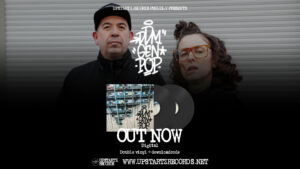
Your album Gen Pop mixes a lot of different influences, including electro, punk and more. How do you feel you have evolved musically since your debut in 2005?
DD: I care more about the sound quality than when I first started.
M: We have got better than when we first started, and the tech has changed a lot since then. DD now goes way more deep lyrically and has more varied flows on Gen Pop. The producers and rappers in Milano had a big influence on us and obviously since being in Berlin the same is true.
But our mixer co-producer and friend Tristan Mazire from La Fugitive studios in Paris has been a huge influence the last few releases.
What is your creative process?
DD: I have many many notebooks that I write thoughts in all the time. Sometimes I have a concept already, and look for the right beat. And sometimes the beat inspires the words and or feeling … Working-class women struggle has always been my topic.
M: I make time to make beats when not on tour and sometimes DD chooses one that inspires.
Which song are you most proud of so far and why?
DD: Don’t make me choose between my babies. : ) It really depends on the day. Probably the one that hasn’t been written yet.
M: At the moment, for me it’s “I Was In It” from Gen Pop, as it feels autobiographical of our life. Although it’s slow and moody, I love it when the beat drops. I also really like “Necessary Illusions” and “Swingin’ Back”.
As pioneers of the global radical rap scene, what’s your take on today’s different rap genres?
DD: Explore all the sounds. Don’t rap over your pre-recorded verses tell your own story. Create a vibe.
M: There’s not much authenticity at the moment. It feels recycled or retro in a way with (formulaic) big production. Of course the culture is not dead as there’s always gems of originality that puncture through the corporate malaise.
Do you consider yourselves as activists?
DD: No, not really, even though we’ve been a part of different groups and projects over the years. Because we believe people coming together collectively to fullfill their needs is vital.
M: Not really, but I believe that the working-class can organize the economy way better than what we have now. We’ve always tried to collectivise music projects in different countries as an alternative to the music business.
I’m convinced anarchism is the way to go! If that’s activism, then I’m an activist.
In 2022, we interviewed Greek rapper Sara ATH who told us that she had been disappointed by the sexism and misogyny she encountered in anarchist, antifascist, and anticapitalistic movements. What do you think about that?
DD: Well, that’s a big discussion. I would say the world is like that, it’s everywhere and we all have a lot of unlearning to do on many levels.
M: I think its less so in those places than society as a whole, but obviously it’s there too sometimes.
Are you still connected to other militant rappers?
DDM: Yes many, On the Gen Pop album we have features from Anela Jahmena and Tsidi Bang Bang previously of Soundz Of The South. We’ve been in contact with their group since our San Francisco days.
What would you say are the main advantages and drawbacks of being independent artists?
DD: Advantage: less compromise in what I say and do. Drawbacks: struggle of constant juggling for money. Generally speaking, I would say the biggest drawback is the struggle of coming from a working-class background.
In the “art” world, we are surrounded with middle-class artists (inheritance, bought houses…). Because most working-class people can’t afford to do it very long, which is why so often, in music, we never hear our point of view, especially in the U.S.A.
Europe is a little different with its “safety nets” and culture money, but its changing fast.
M: Having time and space to create quality shit takes money and time. Let’s not even talk about gatekeeping and “networking”.
What are your upcoming projects?
DD: Playing shows and making music.
M: We hope to play as many shows as possible in Europe and the U.S. and worldwide even.
Que pouvons-nous vous souhaiter ?
DDM: Thanks Madame Rap for checking us out and taking the time! Respect for what you do!
Find DDM on Instagram, Facebook, YouTube and their website.
© Hugo Ferrer

